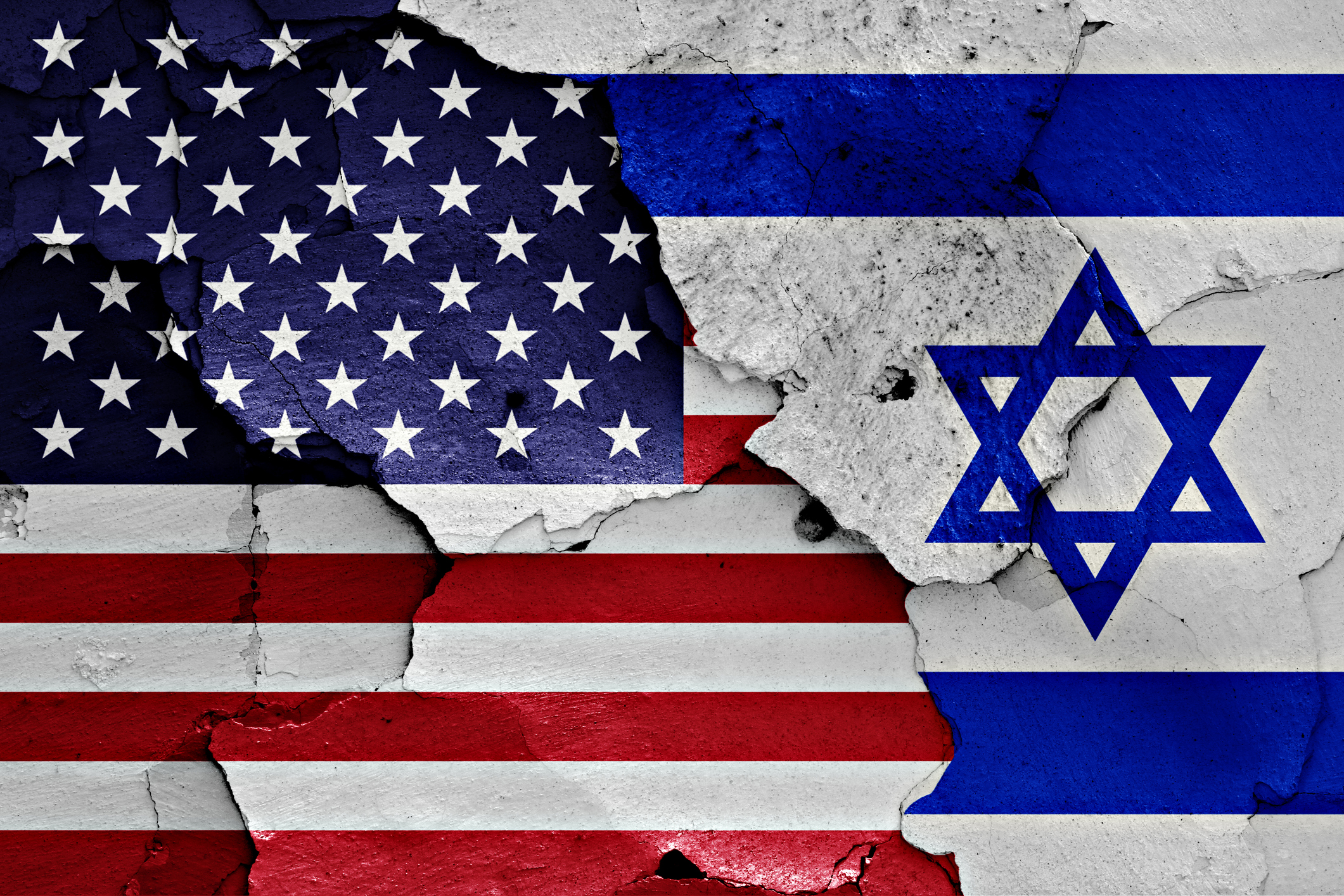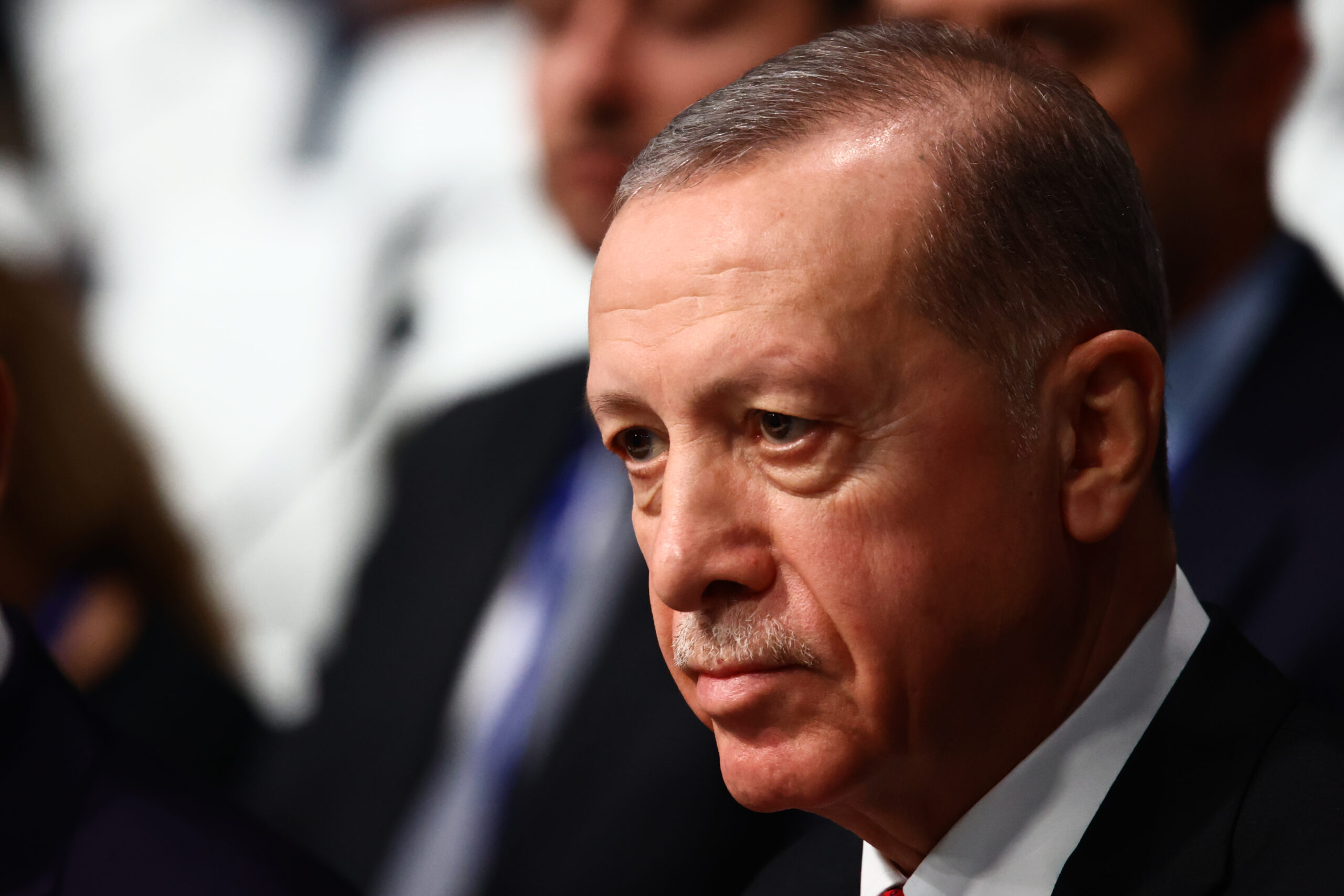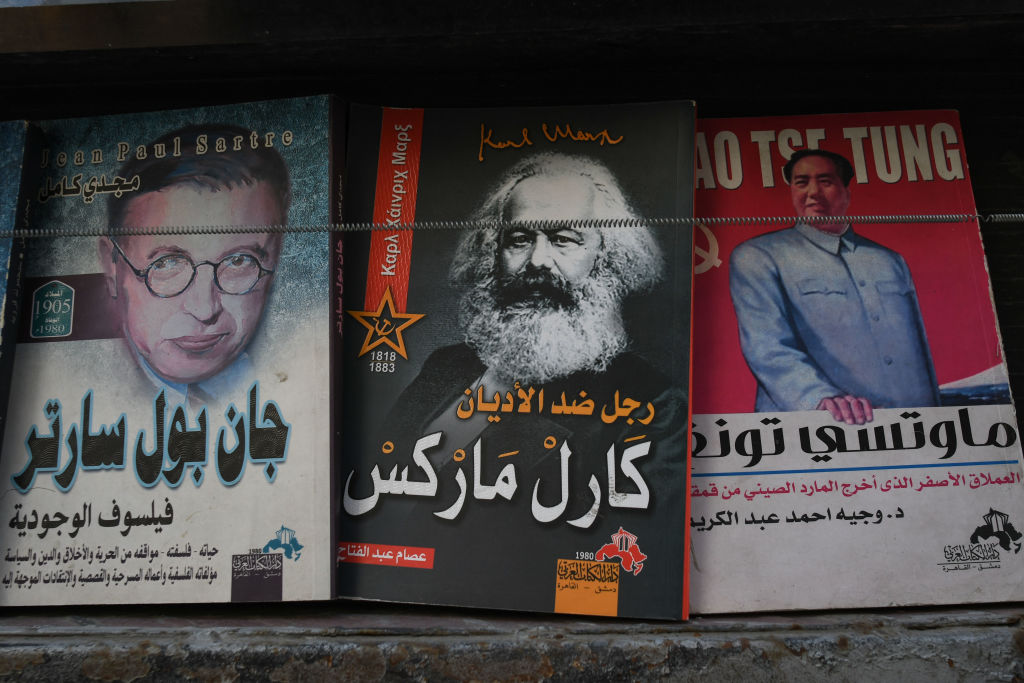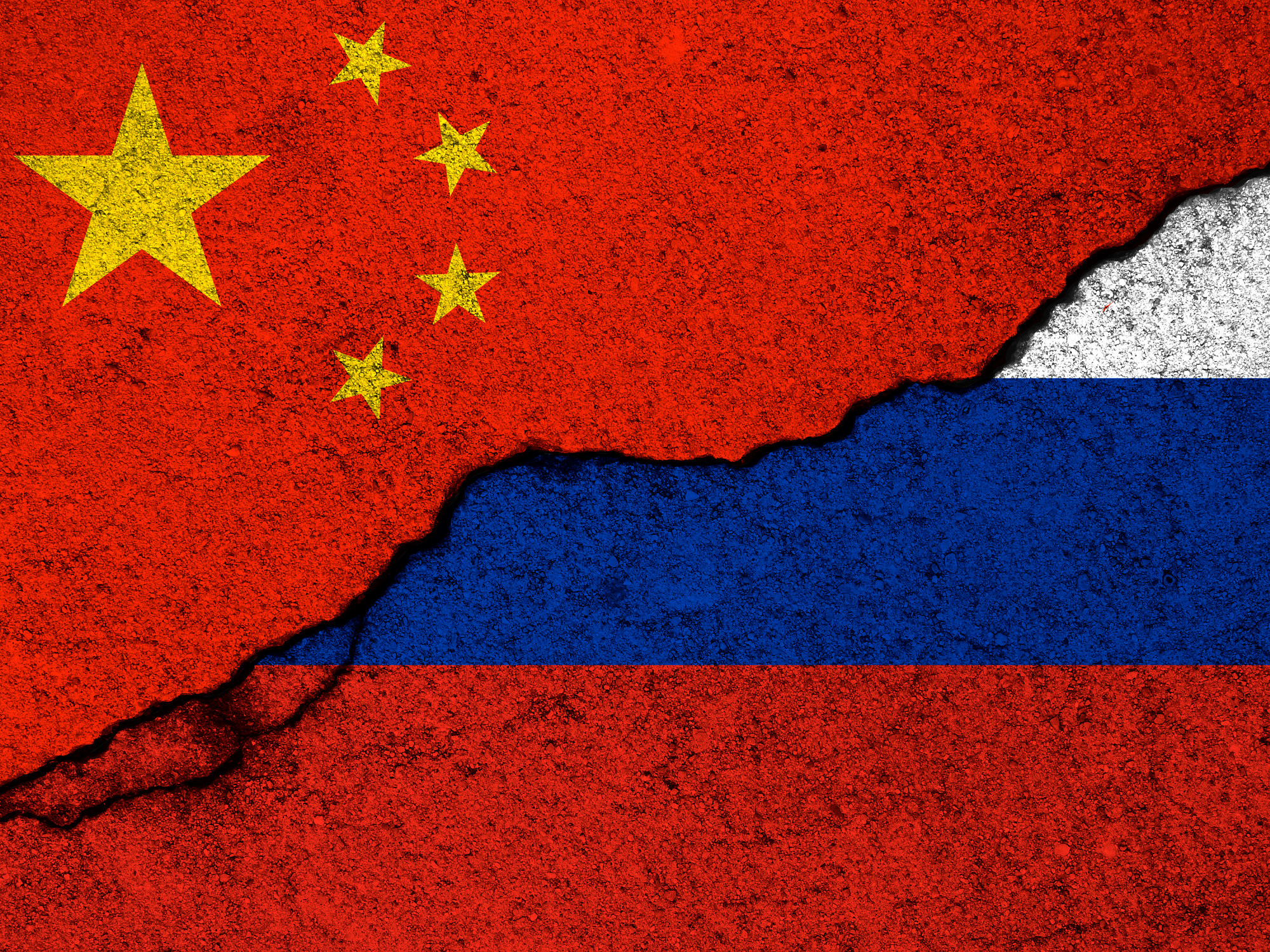Hamas is a less significant existential threat than the collapse of U.S. leadership.
Keeping War From Our Shores
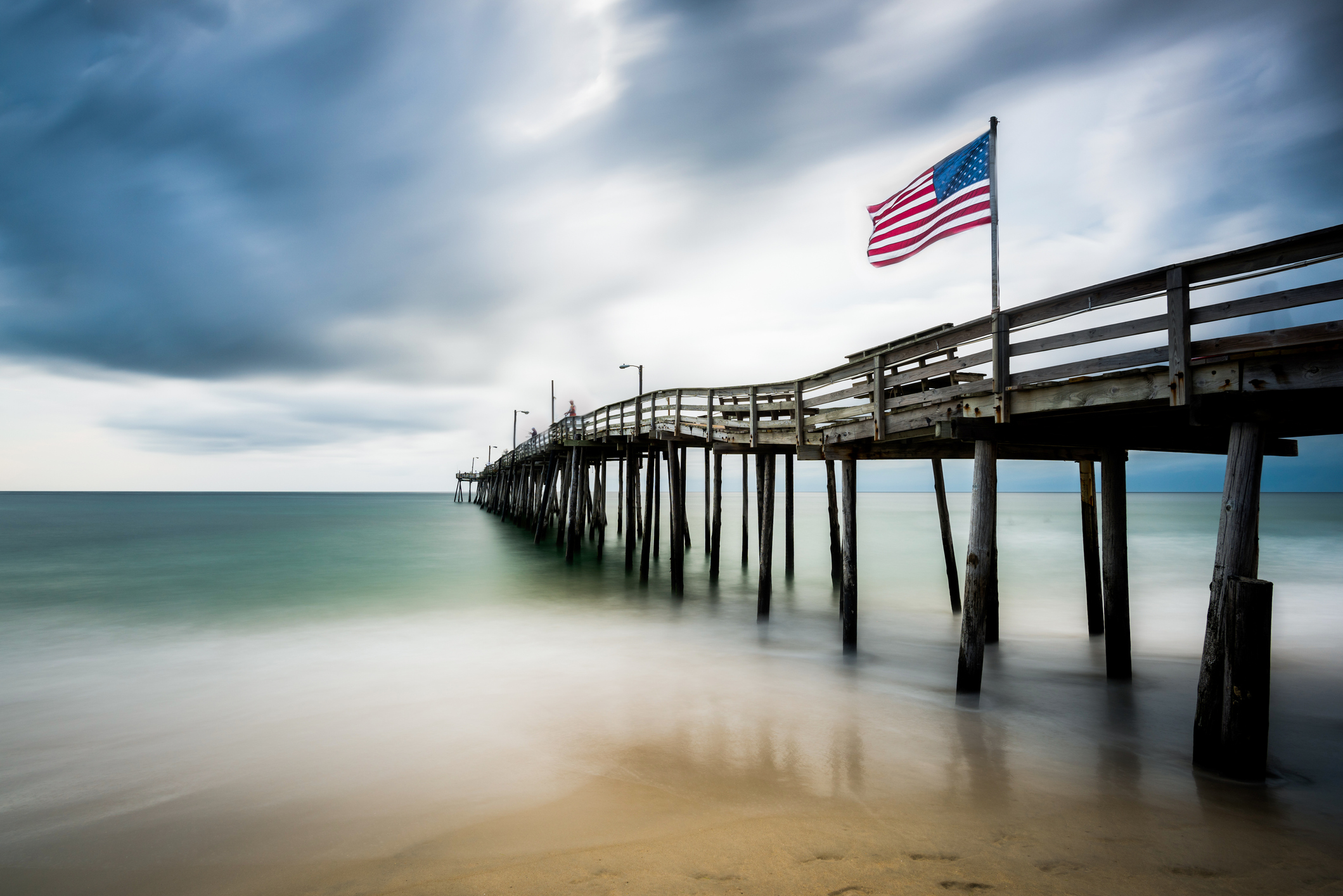
The Western Hemisphere and American global power.
Xenophon tells us that after Sparta’s defeat at Leuctra in 371 BC, the armies of Thebes and its allies invaded Laconia, inviolate for centuries, and threatened Sparta itself. The Spartan women, having never experienced or conceived of such an intrusion, were in a state of disbelief as their country estates were sacked and burnt. Sparta was unwalled since its lawgiver, Lycurgus, had believed that a country’s real defense lay not in walls, but in valiant men.
Although the shock of defeat was sudden, Sparta’s greatness had been insidiously eaten away from within for a century. Wealth had gradually concentrated in the hands of a few, and full citizenship required owning a minimum amount of land. Patriotic Spartans fell into penury and out of the citizen body. Hence Sparta suffered from oliganthropia—a shortage of manpower—and one defeat was enough to collapse its hegemony over Greece.
Other than brief raids on New York and Hawaii, no enemy has violated American soil within living memory, and Americans cannot conceive of hostile fleets off our shores or enemy aircraft dominating our skies. But there is no law of nature that mandates this. Someday our insular safety will end: “Rome fell. Babylon fell. Hindhead’s turn will come.” And so will San Francisco’s and Chicago’s. Our task is to protect this precious insularity for as long as we are able so that the battlefields of the 21st century remain far away from our shores and our homes.
The American people are demoralized and tired of war. A fatigue with “forever wars” has set in, particularly amongst the patriotic Right. We are presented with a reasonable question: why pay or prepare for the defense of Ukrainian, Polish, Taiwanese, Korean, and Israeli borders when we cannot or will not even defend our own? The readers of these pages well understand why the Biden Administration has opened the border and this decision’s calamitous consequences for the American people and republic. To be absolutely clear, the border must indeed be restored, and the consequences of its subversion remedied. But it would also be an error to believe that we can escape war if only we withdraw and focus on our own borders. In fact, all our difficulties on the border would exponentially increase if we were to haphazardly withdraw from global power abroad.
Peaks and Troughs
“Only the dead have seen the end of war.” The Right correctly prides itself on facing the unchanging reality of the human condition. The hard truth is that aside from one brief interlude between the close of the frontier and the German bid for hegemony, and another between its defeat and renewal in 1933, America has always been either at war or probed and threatened by enemies preparing for war. War is natural; war, or its threat, is normal. Peace is an aberration imposed by temporarily overwhelming force which, by its nature, dissipates and cannot endure.
Therefore the question is not whether the United States of America can escape from war—it cannot. Nor can it impose a “perpetual peace.” The real question is where and how America will fight.
The history of great power conflict since the 16th century is that of peaks and “troughs.” Continental land powers rise and bid for domination over the decisive state system, only to be defeated by a coalition led by an insular, maritime power, invulnerable to direct continental attack. After the would-be hegemon is defeated, history enters a “trough,” in which the victorious, maritime power expands abroad, and the lesser continental states enjoy relative security. Then, inevitably, a new continental power rises, reaches its peak of power, and precipitates a new war for hegemony.
For example, the English and Dutch provided the naval power and resources which defeated the 16th-century Spanish bid for hegemony. Europe then entered a trough until the rise of France. The English organized the coalition which defeated the French bid for hegemony under Louis XIV. Another trough ensued, during which England created its first empire. The trough ended in 1789 with the second French bid for hegemony. Napoleon, master of the land, could not touch Britain or reach the overseas sources of its power. This power was then channeled into Europe and eventually defeated him. The resulting trough lasted until 1914, during which British power spread across the world, the continental states enjoyed a relatively stable balance, and America, shielded by Britain’s sea power, expanded across its own continent.
When Germany began the next bid for supremacy, the heretofore invulnerable sea power of Great Britain was no longer strong enough to marshal a coalition and defeat the continental would-be hegemon. Had Germany won its war and crushed France and Russia, it could have, and, according to the logic of power politics, would have concentrated its resources on sea power, overwhelmed Britain, and eventually challenged America in the Western Hemisphere.
So it was that America—the new, invulnerable, maritime power par excellence—entered the war and replaced Britain as the decisive sea power. With Germany’s defeat, history entered a brief trough until 1933. The insular sea powers, as is their wont, lost themselves during the trough in a dreamworld of perpetual peace. The subsequent hegemonic war was more violent than ever before, and the trough negligible. Since Britain had been exhausted by war, America had no choice but to step in and prevent a Soviet hegemony in Europe and Asia. Otherwise, the Soviets would have disposed of resources outmatching our own and threatened us in our own hemisphere.
The foreign policy elite therefore united around the strategy of “containment,” brilliantly proposed by George F. Kennan in 1947. However, Kennan’s formulation of containment was rather vague and required elaboration. Two clashing interpretations were proposed: “strongpoint” and “perimeter.” The strongpoint interpretation proposed that America ought to identify areas of industrial and economic significance (Western Europe, Britain, Japan, and North America) and defend only those strongpoints against Soviet political and military incursion. The undeveloped Third World would be prudently left to its own devices. The proponents of this strategy, such as journalist Walter Lippmann, argued that only strongpoints had resources whose control could be translated into military power threatening to America, and that a broader containment would draw America into interminable wars in the Third World, amongst peoples and societies whom we could not understand and need not protect. Defending the strongpoints alone would conserve our finite moral, political, economic, and military resources and would be sufficient to maintain a favorable balance of power.
Unfortunately, the proponents of the maximalist perimeter strategy, such as Paul Nitze, a Truman State Department official, won the argument. They claimed that the perception of the balance of power would eventually determine the material balance of power. For example, if America allowed Soviet clients to conquer materially insignificant regions in Asia and Africa, then our strongpoint allies would lose faith in our protection and seek terms from the Soviets. Therefore America had to defend, directly or indirectly, everyone, everywhere. This interpretation of containment, presciently warned against by Lippmann, pulled America into every quarrel, dragged us into every conflict, and bled us out spiritually, politically, and materially amongst people alien to us and incidental to our real security. The real choice during the Cold War was not between absolute withdrawal or thoughtless crusades abroad, but rather between preventing Soviet hegemony with a precise, calibrated strategy, or preventing it with a maximal, unnecessary overextension—unnecessary because our strongpoint allies were (and are) quite capable of distinguishing between America’s core and peripheral interests, and would not have lost faith in American protection had we, for example, left Vietnam, Laos, the Congo, Pakistan, and Afghanistan to their own devices.
The collapse of the Soviet Union inaugurated a new trough. After depleting the nation’s strength during the Cold War, America’s ruling class misinterpreted its victory as confirmation of its own greatness and wisdom rather than the effect of the even greater wastage and folly of its Soviet rival. Rather than retrenching and rebuilding during the trough, America expanded its ambitions, obligations, and taste for intervention. America’s elite also lost themselves in fantasies of imposing perpetual peace through ideology, force, and trade. They failed to take seriously, until too late, China’s patient, methodical, and thorough preparations to end the trough and begin a new bid for hegemonic power.
A Storm in the East
Another pattern that appears across the history of hegemonic conflicts is the interaction between the Western Hemisphere and the decisive, power-saturated state system in Eurasia. This dynamic is complex and only a cursory summary is apposite. Two points stand out. First, American hegemony in its own hemisphere prevented a hegemon from dominating Europe or Asia. Second, the rising hegemonic power in Eurasia’s decisive state system always had ambitions to penetrate the Western Hemisphere, challenge America’s hegemony therein, and degrade it into a balance-of-power system.
The Founders, for example, feared the emergence of a balance-of-power system in the Americas, with competitive states attached to rivalrous European great powers—thus the Constitutional Convention, which posited that a single, federal sovereign would control foreign, economic, and defense policy vis-à-vis outside powers. So long as we remained united, Washington, Hamilton, and their compatriots were rightly confident that our hegemony in the Americas was only a matter of time.
The war between the states, of course, threatened to undo all that. Had the South won, the Americas would have shifted from a hegemonic to a balance-of-power system. The Union and the Confederacy would have sought allies against each other, and those European allies would have ensured that America remained forever divided into rival, hostile states, so as to prevent the emergence of an overwhelming power capable of outmatching the European powers themselves. It was no coincidence that France’s final attempt to expand into the Americas coincided with our fratricide. A French army placed its agent, Maximillian of Austria, on the throne of Mexico in 1864. Lincoln could not respond, but, as soon as we concluded our Civil War and reestablished union, we ejected the French army from Mexico with a “mere threat.” The Mexicans themselves dealt with the mopping up.
Both Germanys—the Kaiser’s and Hitler’s—planned to expand their influence into the Western Hemisphere, the former specifically targeting Venezuela. We now know that if Hitler had conquered European Russia and created an autarkic, blockade-proof space, he planned to challenge America at sea and in the West for global supremacy. Because we Americans had remained united and hegemonic in our hemisphere, the rising European power could not exploit tensions within a rivalrous American state system. Instead, America channeled its own, undivided power into Europe, thus defeating the two German bids for supremacy.
As soon as the brief trough ended, a new continental power—the Soviet Union—rose and attempted to penetrate our hemisphere, to threaten us, and to divide our resources and attention. This was the meaning of the Cuban crises and dirty wars in Latin America. As soon as the Soviets collapsed and the new trough began, Russian power disappeared from our hemisphere, and, unopposed, we spread our liberal, financial, and ideological program with the Washington consensus, NAFTA, etc.
Now, though, the trough is over. China is preparing for a hegemonic war in East Asia, the decisive state system of the 21st century. Predictably, like the Germans and Soviets before them (and, indeed, the Spanish and French), the Chinese are incrementally moving to establish positions of strength in Latin America. China controls much of the Panama Canal Zone’s infrastructure. China is building a large port in Peru. China supports Venezuela’s regime. Most importantly, China, following the Soviets, is working closely with Cuba’s regime and has already established an intelligence base in Cuba. The Cuban regime, and in particular its highly professional, formidable, and KGB-trained intelligence service, is America’s most dangerous enemy in our own hemisphere (of course, with his unerring eye, Obama recognized and hence strengthened that regime). The Cubans professionally assist our enemies throughout Latin America. Their intelligence service placed a protective net around Maduro’s regime in Venezuela, detected an imminent coup détat planned by army officers, and crushed it. The Cubans have run the most successful penetration agents (that we know of) against the U.S. government in the last 20 years. Cuban assets have worked to radicalize the Left in Chile and turn that nation against us. We should not underestimate this regime.
As the readers of The American Mind well understand, we are a far weaker nation than we were 30 years ago, when the post-Cold War trough began. We have indulged ourselves. Nonetheless, the trough is over. Although it may be theoretically possible to avoid it, war with China is almost certainly coming, as China is bent upon hegemony over East Asia. As a corollary to its ambitions, China will continue to probe our position in the Western Hemisphere economically, politically, and, eventually, militarily. We should expect that the Cuban regime will willingly serve as China’s most potent and cunning lieutenant.
In response, America should oppose any and all Chinese ambitions in our hemisphere and keep a vigilant watch over Cuba. Second, we should, with precision, identify the “strongpoints” which we must defend against Chinese threats and those of its allies, but cut loose any and all states and peoples outside those strongpoints. Once again the choice is not between heedless interventions worldwide and isolated retreat: we also have the option of a targeted strategy if we learn from our mistakes during the Soviet era.
The strongpoints in East Asia clearly include Japan and South Korea. For now, given its chip manufacturing, Taiwan is a strongpoint—but that might change. For technological, economic, and strategic reasons, Europe west of Poland’s eastern border, the Gulf oil producers, and Israel are strongpoints. This list should not be interpreted as definitive. It is open to revision.
Determining the strongpoints and cutting our other obligations is one of two vital tasks for our statesmen. The second is to detach Russia from its alliance with China. Failure to protect the strongpoints (without, of course, allowing them to free ride on that protection) would allow China, unchallenged in Asia, to channel even more of its power into our hemisphere, intensifying and weaponizing migration, narcotics, criminality, and chaos to weaken us at home. Finally, we must not come to blows with each other, and, if possible, reestablish some capacity to remain united. This is the hardest task. Failing that, as night follows day, the battlefields will eventually shift into our own hemisphere, and toward our own shores.
The American Mind presents a range of perspectives. Views are writers’ own and do not necessarily represent those of The Claremont Institute.
The American Mind is a publication of the Claremont Institute, a non-profit 501(c)(3) organization, dedicated to restoring the principles of the American Founding to their rightful, preeminent authority in our national life. Interested in supporting our work? Gifts to the Claremont Institute are tax-deductible.
China and Russia may be using Iran and Hamas for a sinister grand design.
Israel, Hamas, and the fracturing of the American Left.
The attack on Israel and the demoralization of the West.

